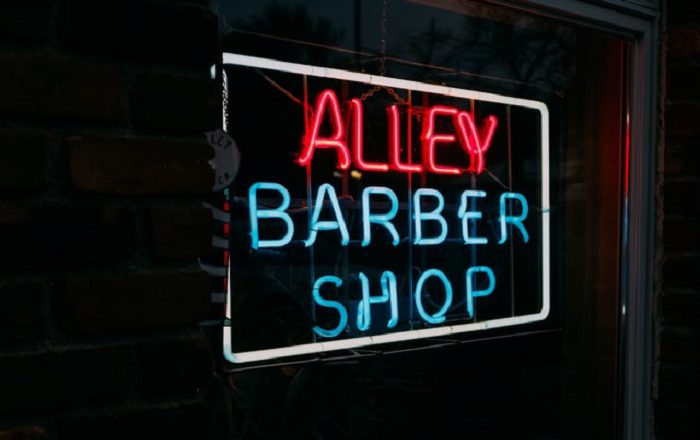Many Groups Are Still Struggling But Federal Support Has Shored Up Nonprofits During The Coronavirus Pandemic
More than 60% of nonprofit social services, arts and culture organizations obtained Paycheck Protection Program loans during the first nine months of the COVID-19 pandemic. These very low-interest loans for small businesses and nonprofits turn into grants that don’t need to be paid back as long as borrowers meet certain conditions, such as using at least 60% of the money to pay their employees.
Even so, almost 50% of nonprofits providing social services, such as food banks and shelters for people experiencing homelessness, still had to scale back their work and cut staff because of inadequate funding. Almost 80% of arts and culture groups, including everything from big museums to small schools that teach children to speak Mongolian, faced the same problems. Also, about 15% of the nonprofi...



